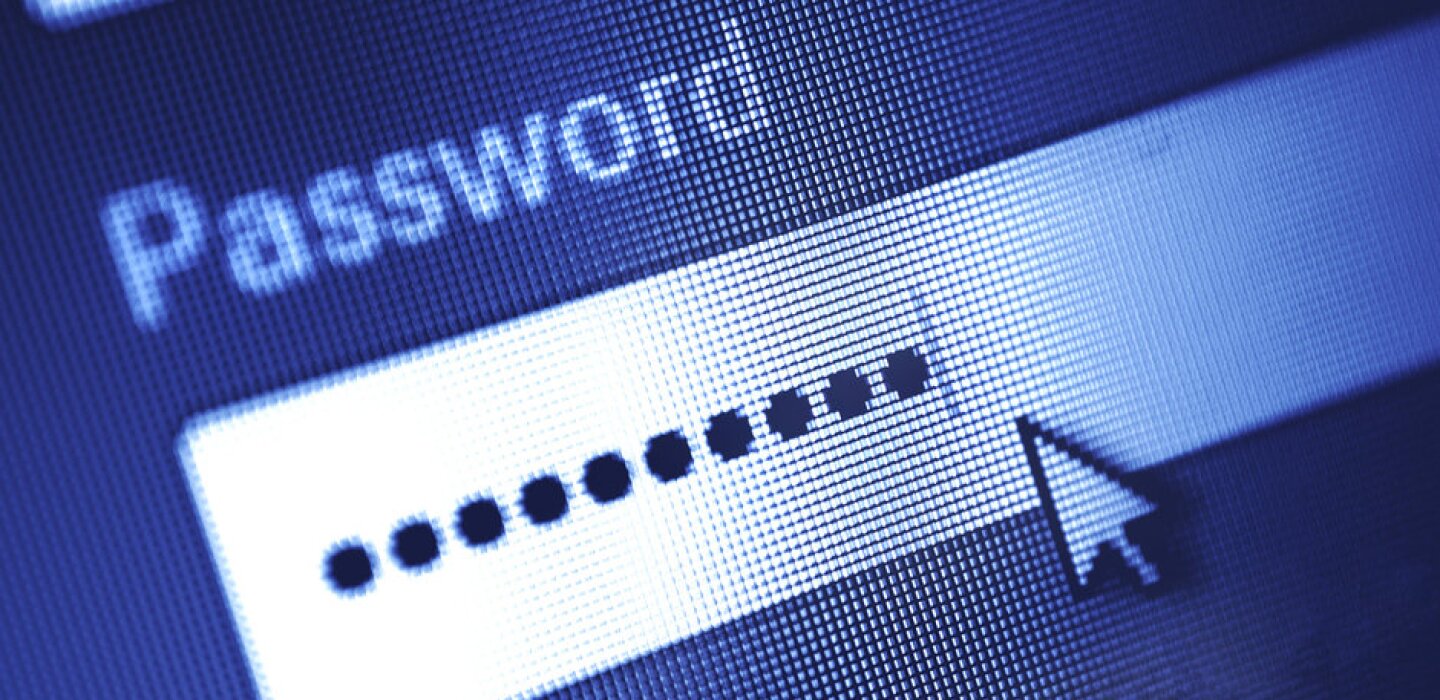U.S. Disrupts Hacking Operation Led by Russian Intelligence
The F.B.I., working with other countries, disrupted a Russian hacking operation that infiltrated more than 1,000 home and small-business internet routers in the United States and around the world, the Justice Department announced on Thursday.
Russian intelligence, collaborating with cybercriminals, created a botnet, or a network of private computers infected with malicious software, to spy on military and security organizations and private corporations in countries like the United States.
Using a court order, the F.B.I. secretly copied and deleted stolen data and malware from hacked routers. Doing this stopped Russia’s ability to use the routers without affecting how they function, officials said.
The F.B.I. director, Christopher A. Wray, shared details of the operation at an annual security conference in Munich.
The disruption is part of a broader effort to stymie Russia’s cybercampaigns against the United States and its allies, including Ukraine. The details of the operation come a day after the Biden administration said it told Congress and its European allies that Russia is seeking to create a space-based nuclear weapon to target the U.S. network of satellites.
For weeks, the White House and proponents in Congress have been trying to persuade House Republicans to continue funding Ukraine’s military operations in its fight against Russia because doing so is critical to American national security.
Speaking in Munich, Mr. Wray said Russia continued to target critical infrastructure, such as underwater cables and industrial control systems, around the world.
“For instance, since its unprovoked invasion of Ukraine, we’ve seen Russia conducting reconnaissance on the U.S. energy sector,” Mr. Wray said. “And that’s a particularly worrisome trend because we know that once access is established, a hacker can switch from information gathering to attack quickly and without notice.”
Mr. Wray warned that China’s abilities in cyberwarfare have also continued to improve.
“The cyberthreat posed by the Chinese government is massive,” Mr. Wray said. “China’s hacking program is larger than that of every other major nation combined.”



